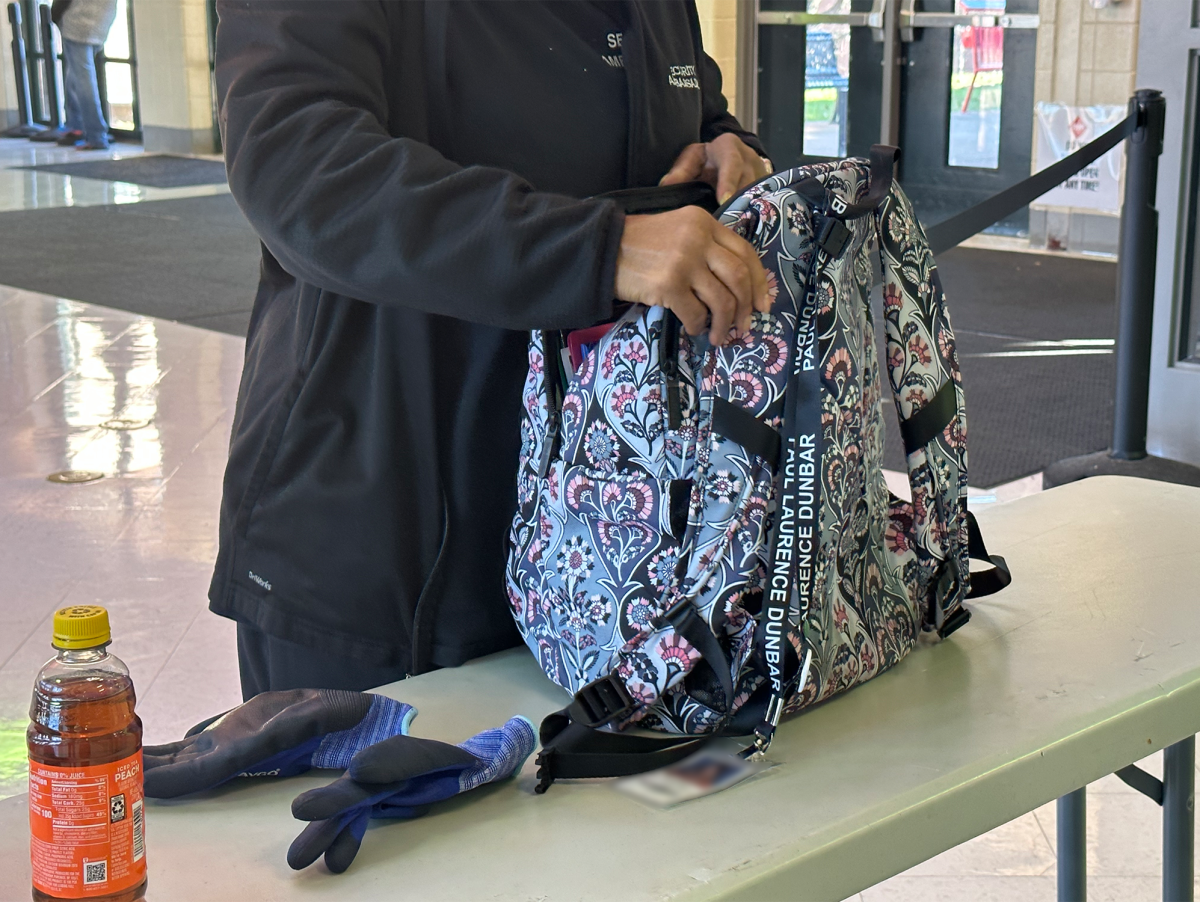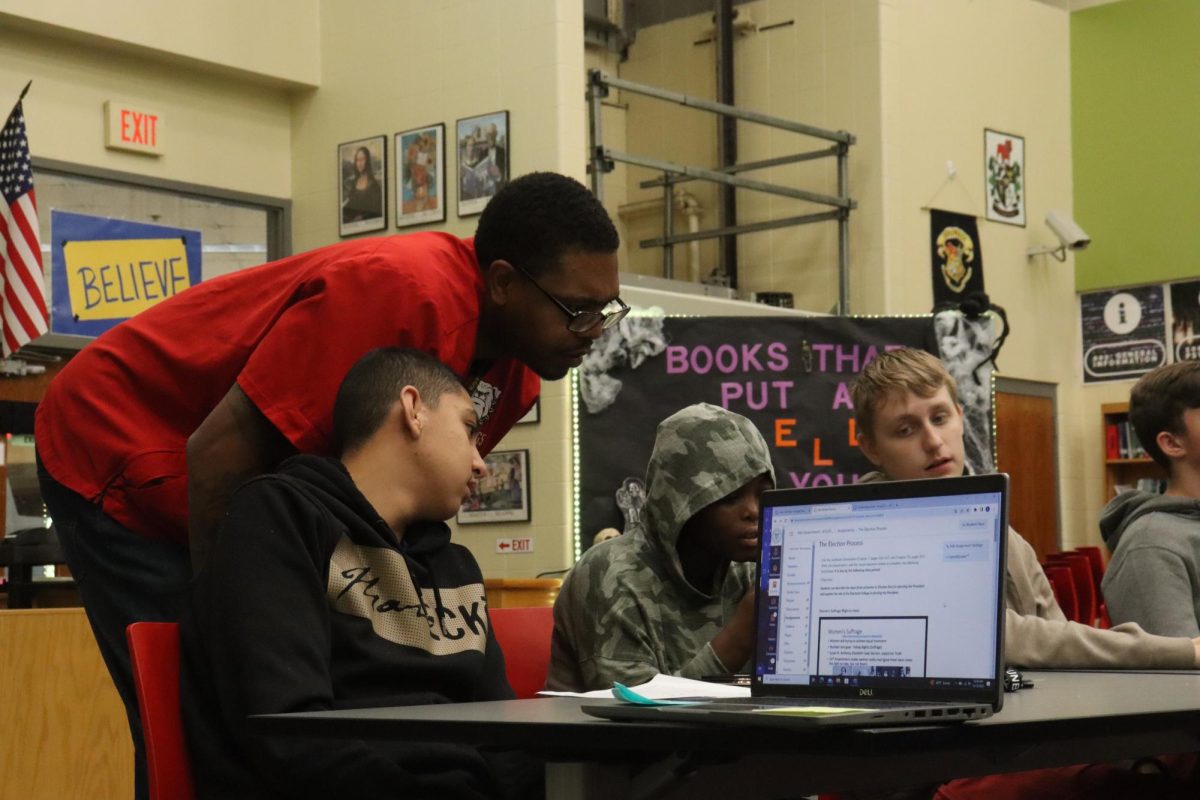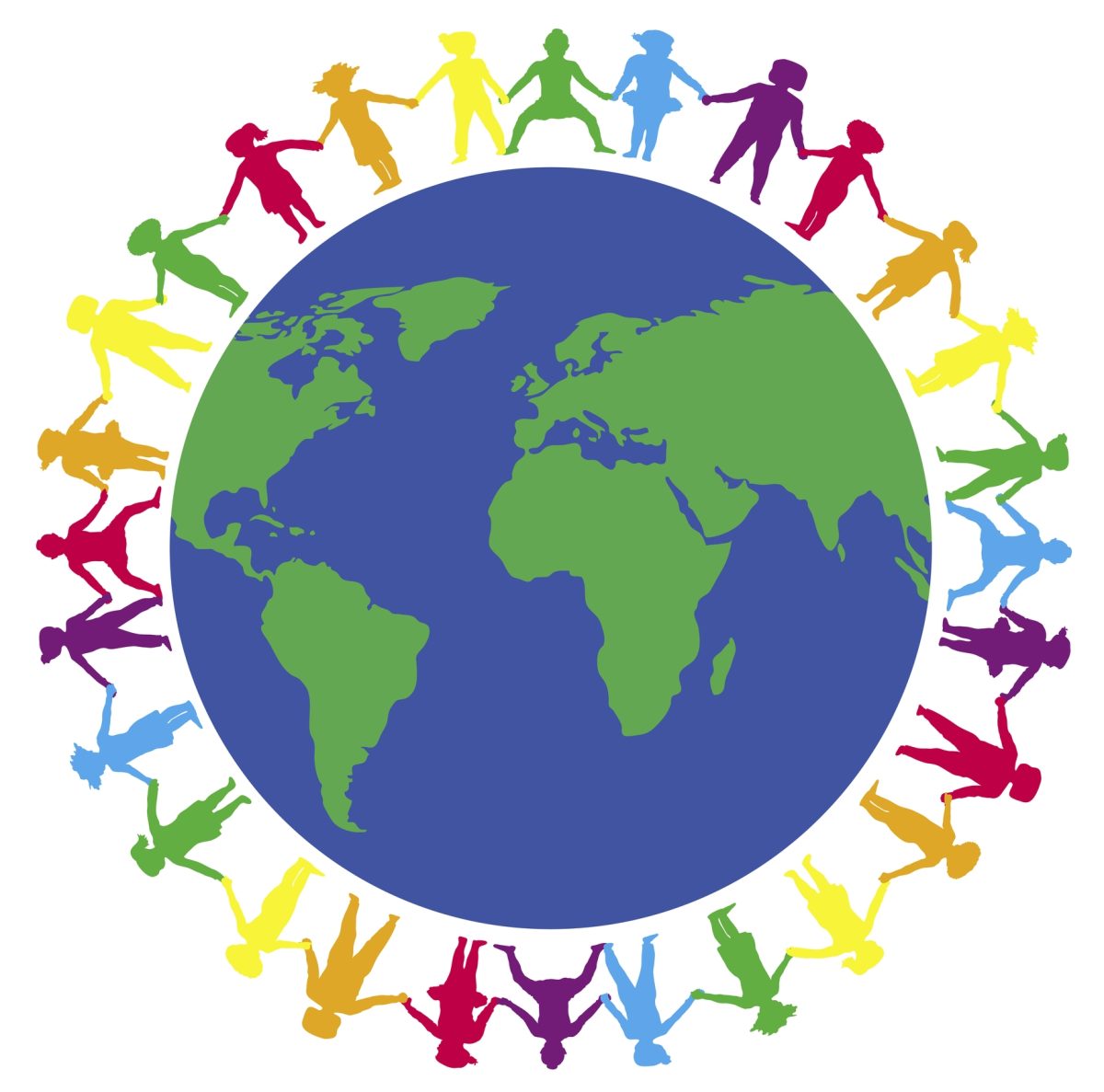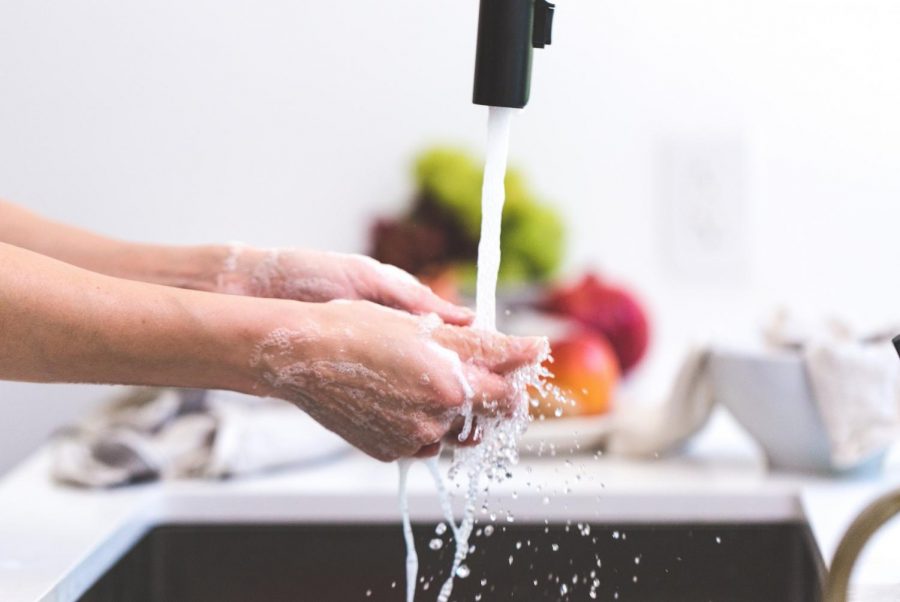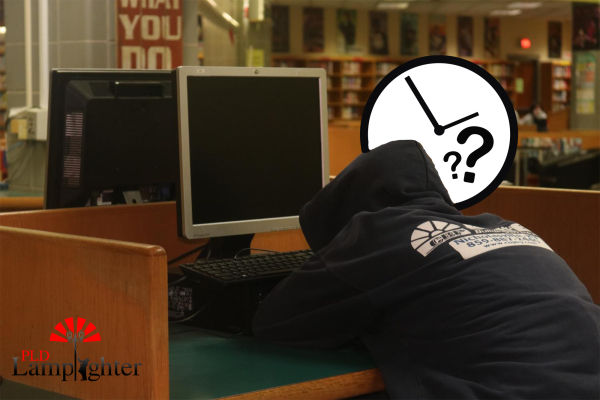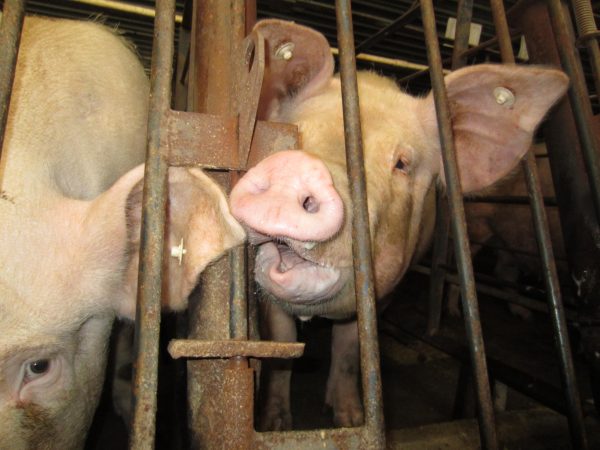The Importance of Washing Hands During COVID-19
In the midst of a pandemic, soap and water is the most efficient preventative measure. People need to wash their hands frequently and thoroughly.
The CDC has stated that in order to kill the coronavirus, people should wash their hands for at least 20 seconds.
Flattening the curve is the priority as of now, so every little preventative measure helps. The more we slow the spread of COVID-19, the more time health officials have to come up with combative measures against the virus.
Most people touch their faces very often throughout the course of a day without even realizing it. Knowing this, the best way to prevent getting sick is to wash your hands.
COVID-19 is one of the many viruses that are able to survive on surfaces after being transferred from a person. This means that though you may not be coming into contact with anyone, you can still get the virus from touching a surface that has been contaminated.
As Kentucky health and government officials are currently encouraging citizens to stay inside and practice social distancing, and shutting down non-essential businesses such as restaurants, there is less of a chance for the virus to spread through interactions with others.
According to the CDC, the most important practice to prevent the spread of COVID-19 and germs, in general, is washing your hands. This is because any contaminated surface still presents a risk of infection even though you are not going out and interacting with people.
As there is probably no way to stop everyone from touching their faces, it is better to make sure that your hands are clean in case you do touch your face. Soap and water together are able to clean off germs, bacteria, and viral particles like those of COVID-19.
Due to the molecular structure of soap, which contains hydrophobic(water-repelling) and hydrophilic(water-loving) parts, it is able to remove unwanted particles from the surface of your hands.
The particles that normally stick to your hands because of oils are trapped in clumps of soap molecules called micelles. Chemistry professor Palli Thordarson describes it as “almost like a crowbar; it starts to pull all the things apart.”
When you wash your hands, the running water rinses off the soap, taking away the unwanted particles with it. Additionally, when you scrub your hands with soap, the friction increases the number of particles lifted by the soap, and you can reduce the risk of germs and viruses even more.
The easiest way to do your part is to wash your hands frequently and thoroughly.

Hi! I’m Max and I’m a senior in the Math Science Technology program at Dunbar and this is my second year as a staff reporter for Lamplighter. I mostly...


